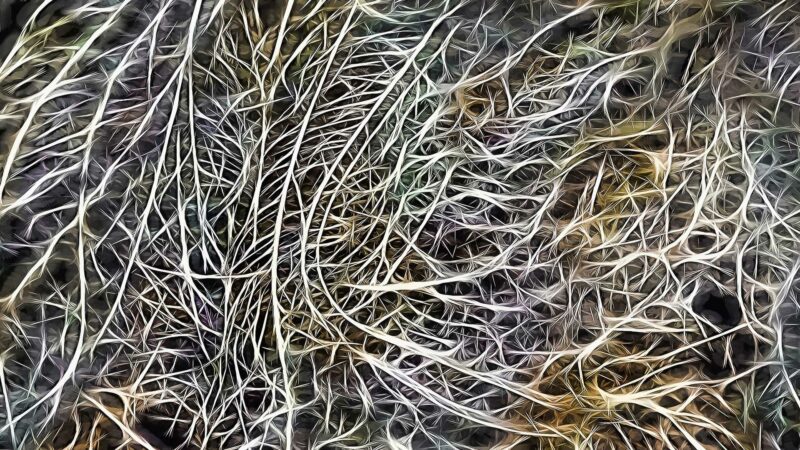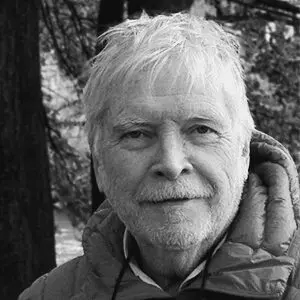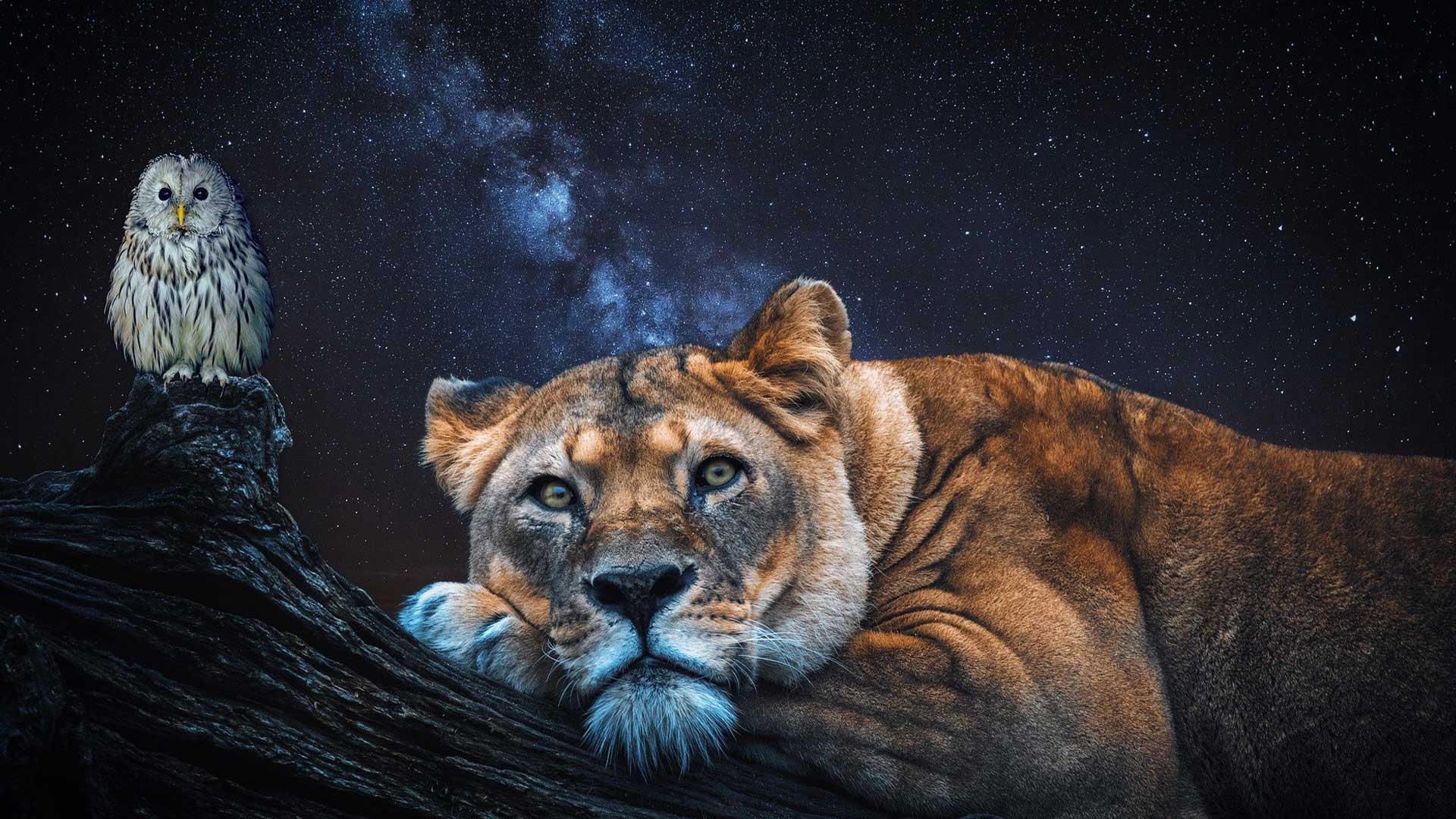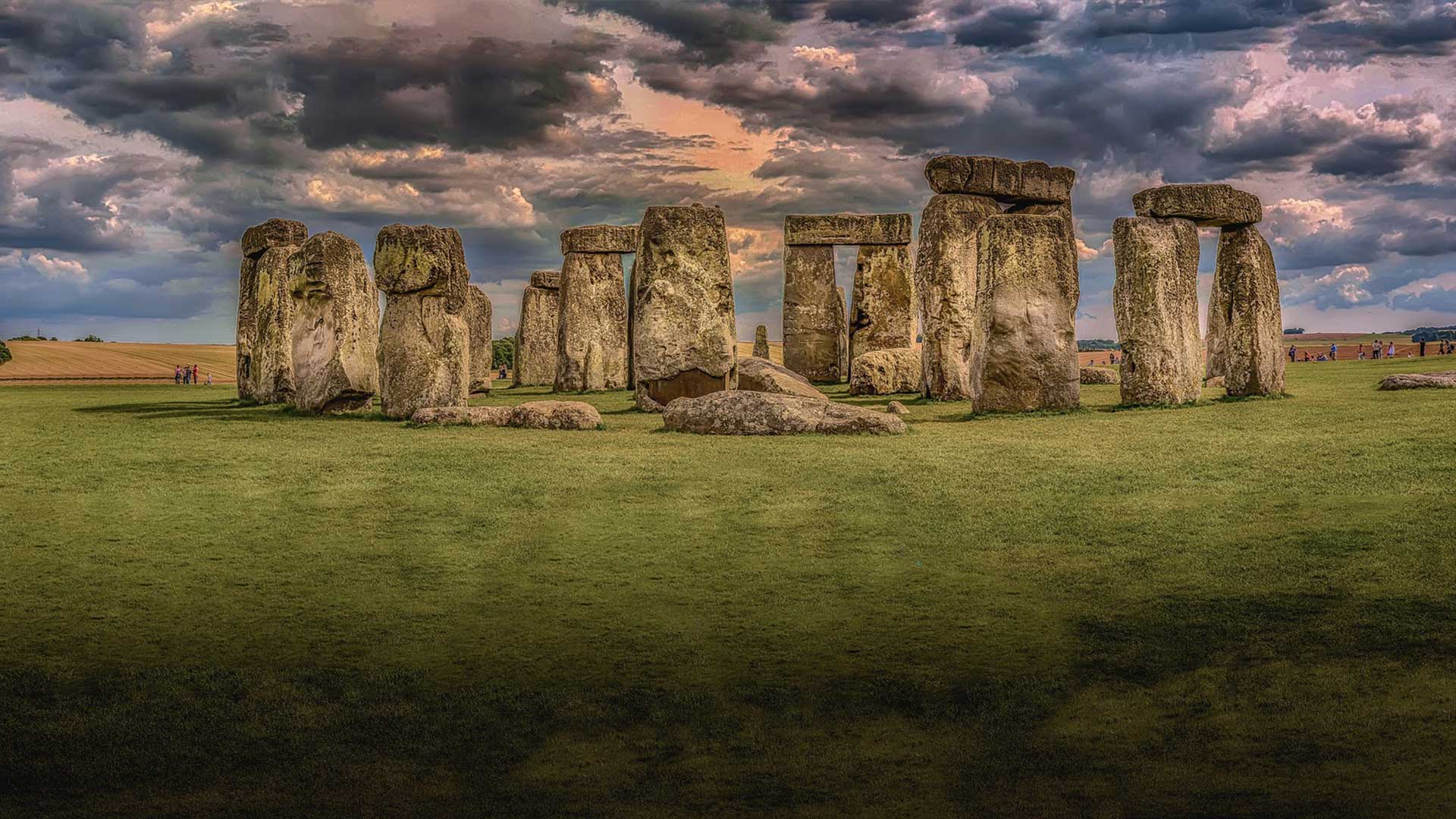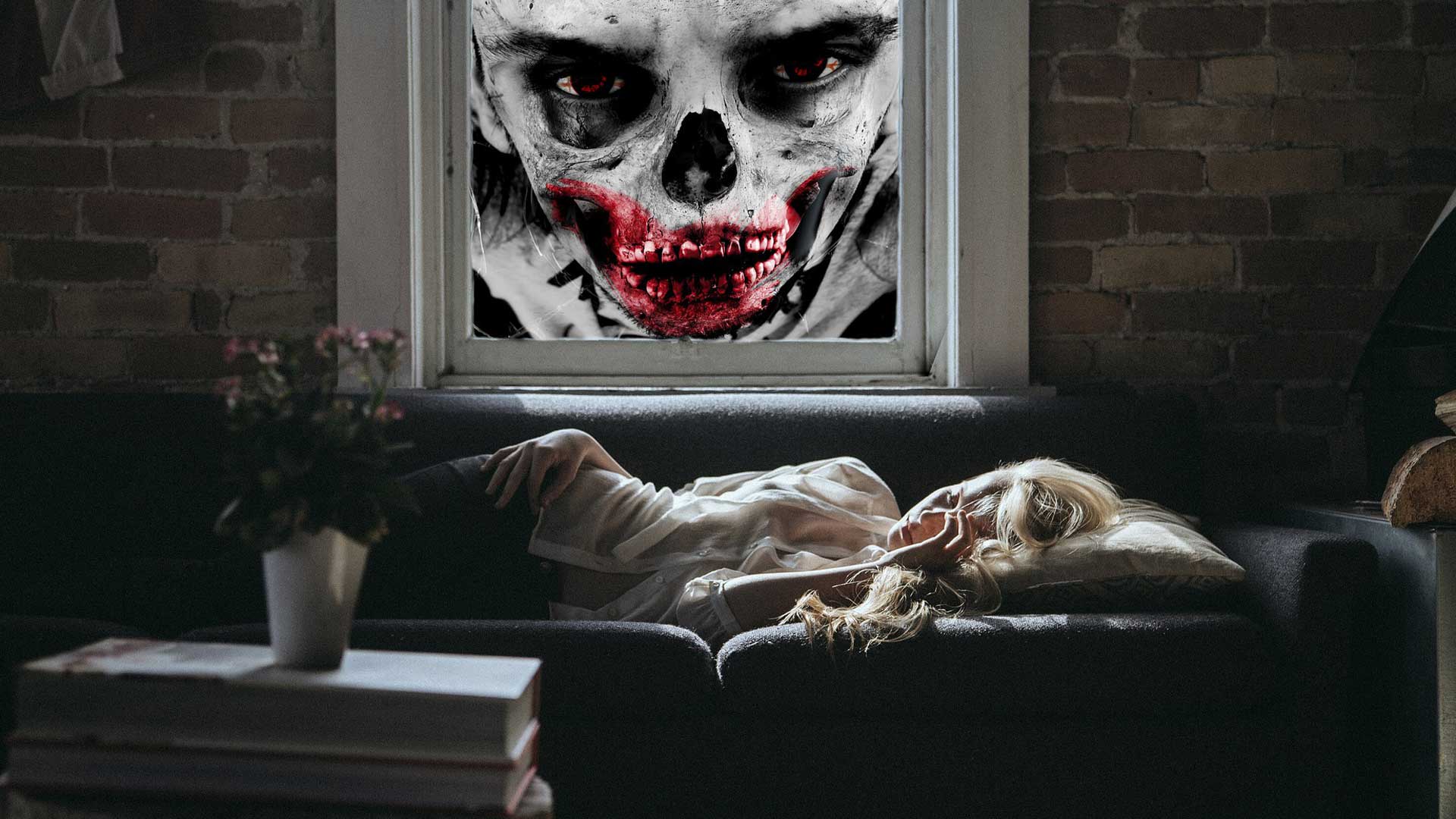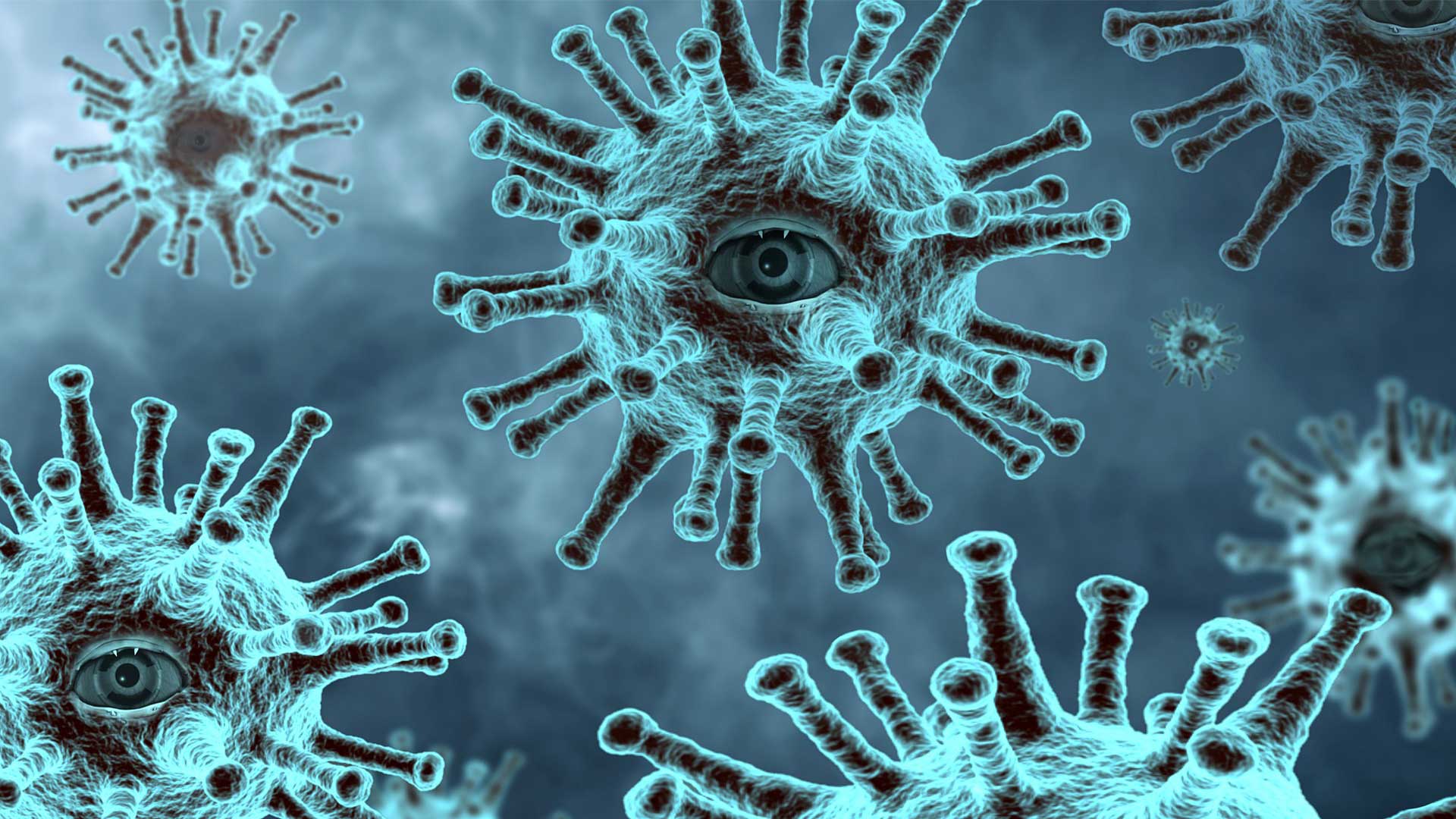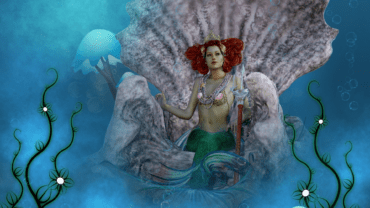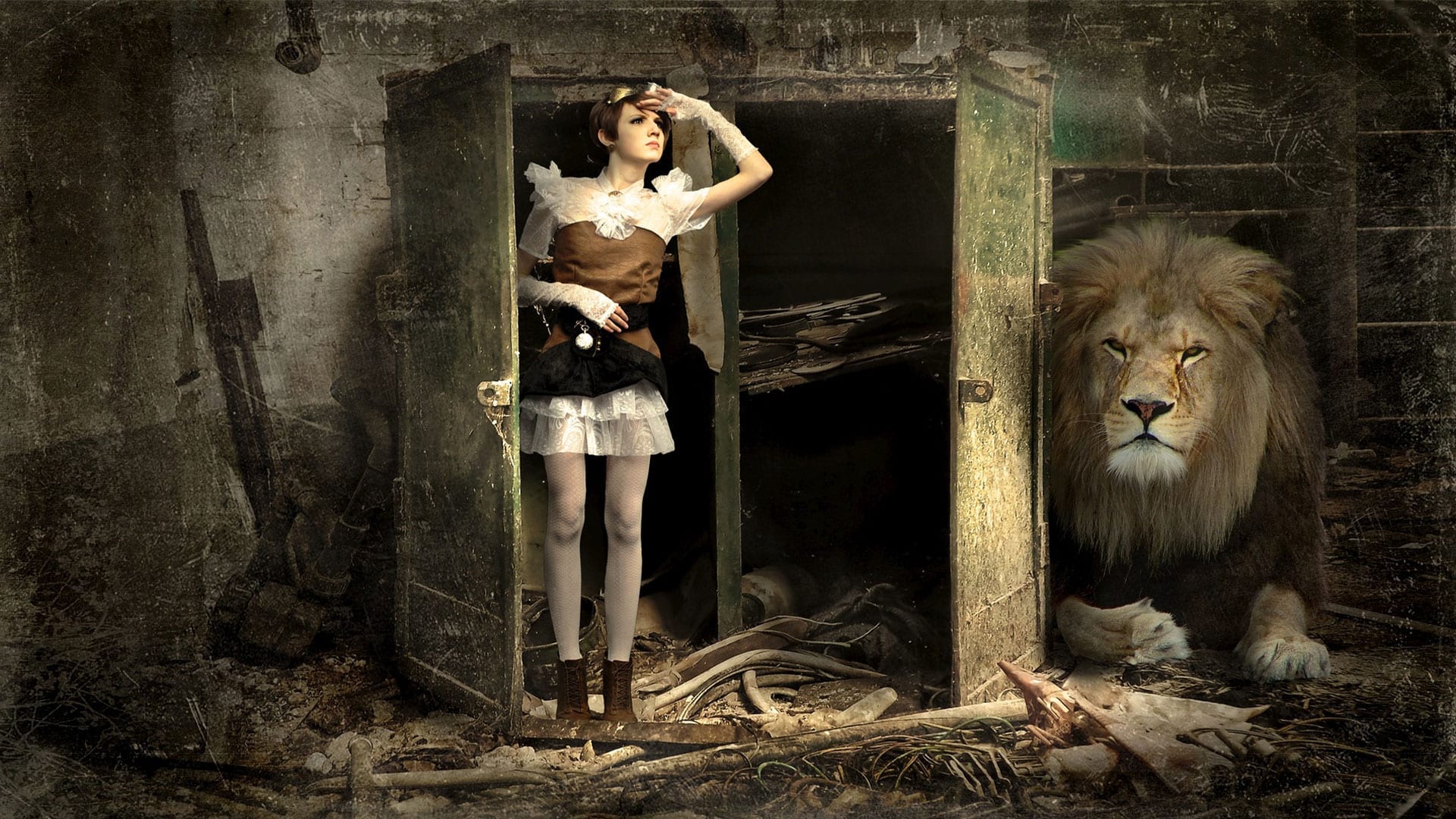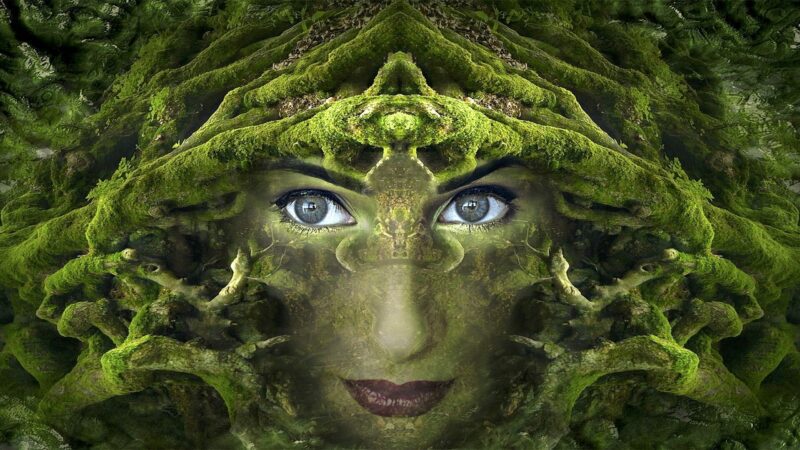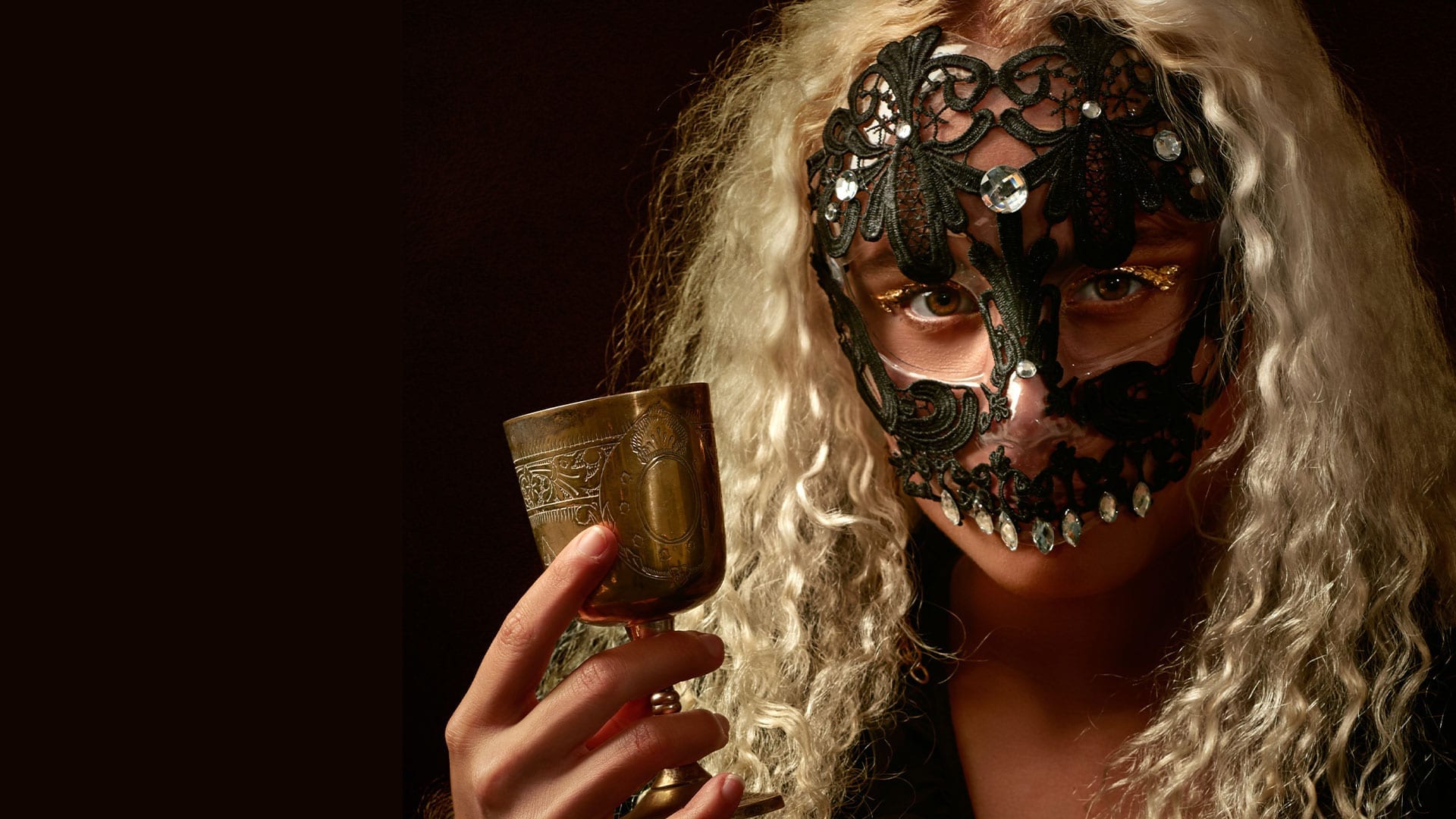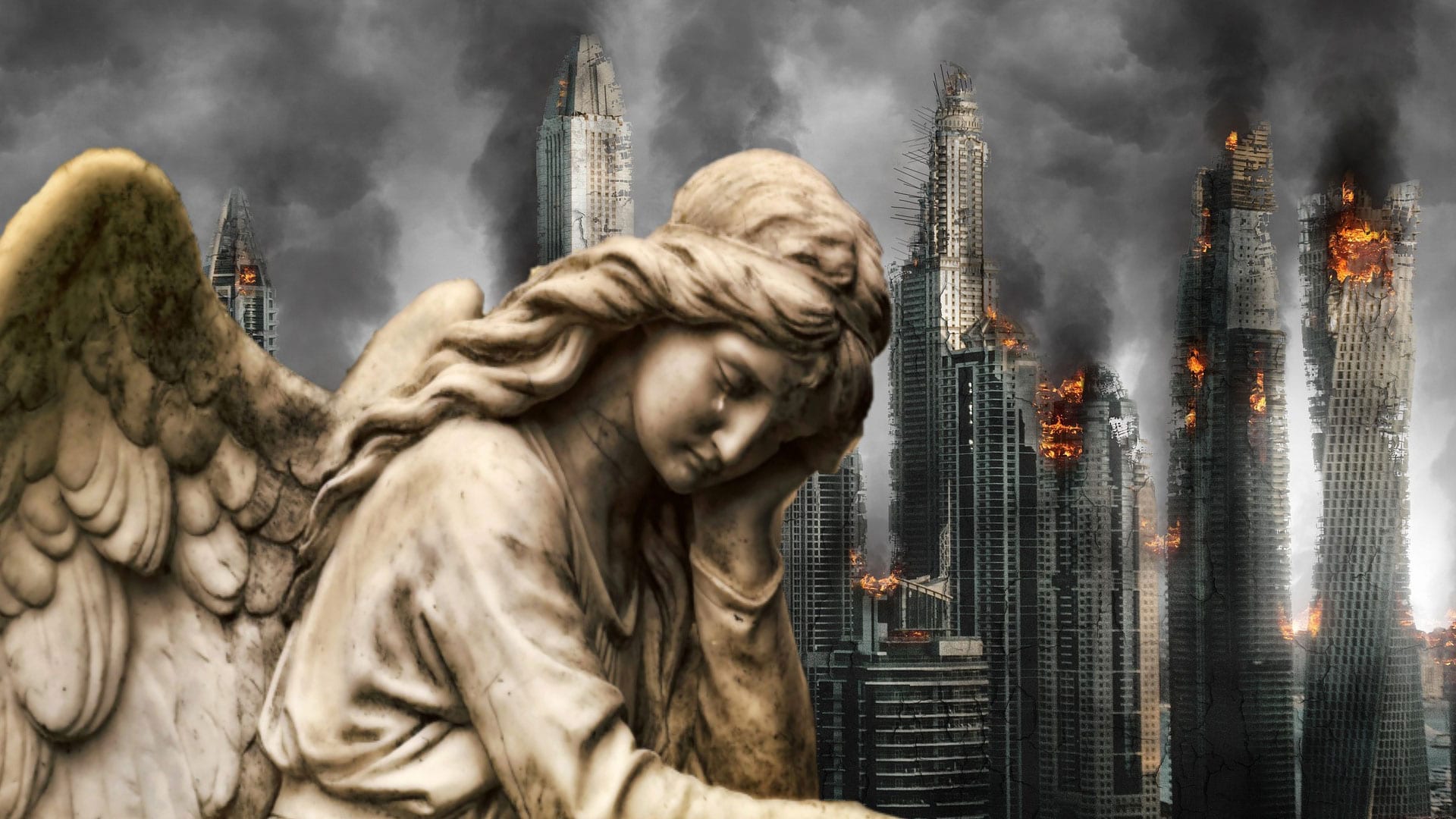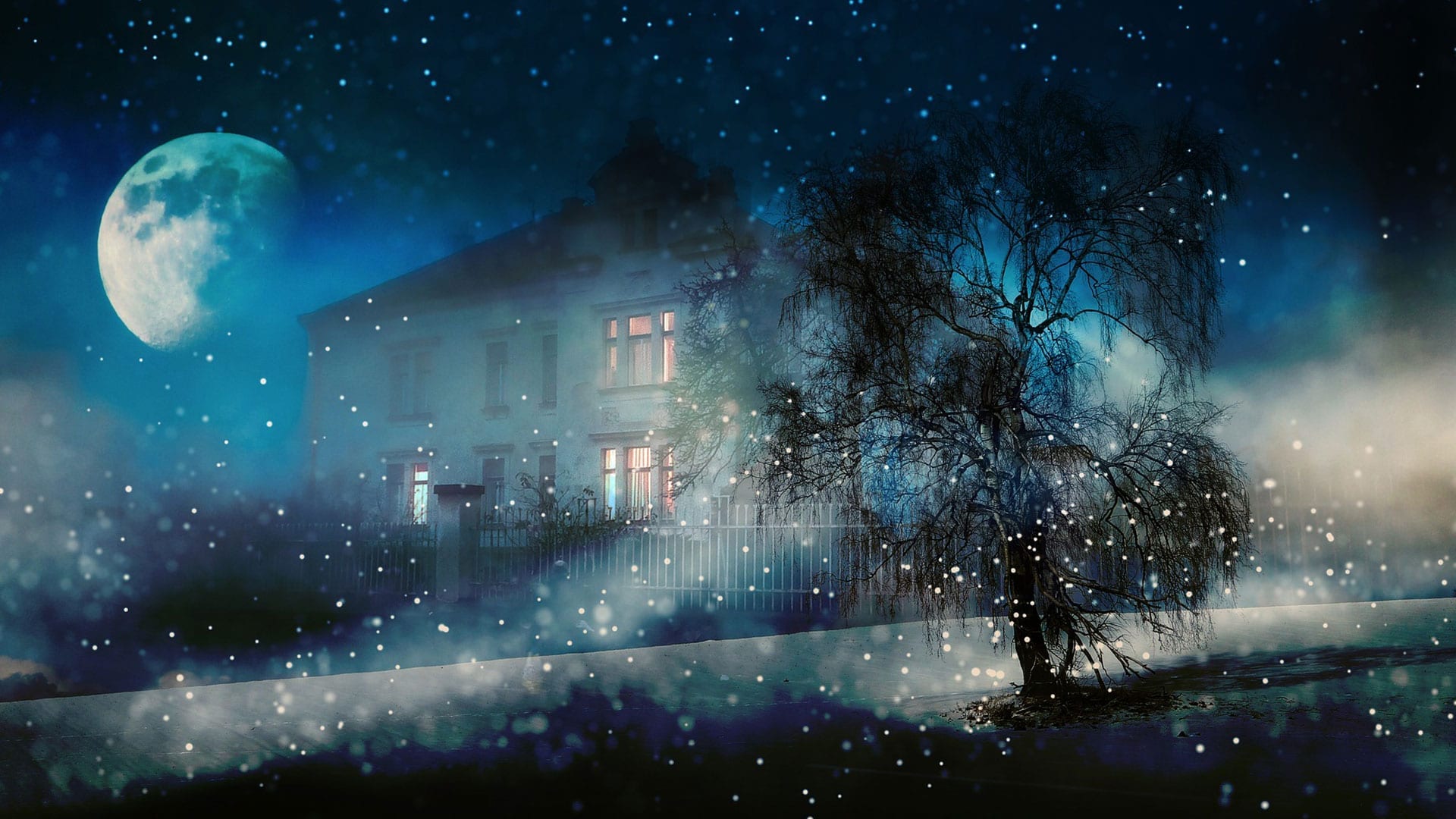The Wisdom of the Virus
How could we even consider the possibility of any connection between wisdom and virus? Framed as a question, the theme of this blog is intentionally a challenge, which is designed to make us pause. Virus belongs to the lowest possibility of life on the planet, a protein bundle on the very boundary between living and non-living entities. Wisdom belongs to the highest capacity of human reason.
Amplification: Discovering the Archetypal Depth
Amplification opens you to the great teachings that are alive and active in dream images. These stories tell about the perils of your situation, the potential positive outcomes, strategic teachings, and the collective wisdom of generations past.
Merlin and Vivienne
There are several stories about the birth, life, and death of Merlin—always a mercurial, evasive figure. In those of the Middle Ages, he is conceived when a demon sleeps with his mother, a nun. Hence, he is born with supernatural powers, including knowledge of all things past from his demonic father, and of all things future from his Christian mother.
What is a Monster?
Mary Shelley’s story of Victor Frankenstein retells the Christian story of creation in which Victor Frankenstein is the new creator god who would make use of the powers of science and technology available in his time to create a new race of beings who would never know the stain of death. In her story, the creature that Victor creates abandons, and then would destroy, haunts his maker from the margins where his side of the story waits to be told.
Who is the Monster?
In Mary Shelley’s story, Victor Frankenstein and the ‘Monster’ personify two opposite attitudes toward the natural world. Frankenstein intentionally cuts himself off from the natural order and rhythms of nature, eschewing the beauty of the changing seasons, refusing to be distracted from his work to reanimate dead matter. In his obsession, he adopts a purely utilitarian attitude toward the natural world.
Mindfulness By Day, Lucidity By Night
Today, there’s a lot of buzz about mindfulness, which is wonderful. But we often neglect our sleep and dreams. Imagine how much more your life could transform if you brought mindfulness into the third of your life that you spend asleep! Our dreams are like a movie reel of our own deep unconscious imagery.
A Myth for the Pandemic Age
In the myth, Prometheus, whose name means forethought or foresight, is the creator of humankind but dissatisfied with the lot imposed upon them by the gods, he steals fire from the gods and gives it to mortal beings. Angered by this action, the gods take their revenge through Epimetheus, whose name means afterthought or hindsight.
Association: Finding the Hidden Connections
Freud’s “classical” approach, and the dreamworkers who followed in this tradition, associated dream images back to events occurring in the dreamer’s past. In this context, “To associate means to find hidden connections between a dream image and past experience.”
The Need for Myth in Our Time of Need
Without a mythic context as a backdrop for our lives, we are all too easily swept up in the current of the times. This dynamic applies not only to one’s personal life, but also to the collective lives of all of us. Myths are the larger stories that provide context and as such can often have therapeutic value in times of need.
Gawain and the Loathly Damsel
The story begins with Arthur hunting deer, when he encounters a man (oddly named Sir Gromer Somer) who accuses him of stealing his land and giving it to Gawain. The man threatens to kill or decapitate Arthur if he can’t find out what women love best within a year’s time.
COVID-19: A Threshold between Endings and Beginnings
How are we framing this pandemic? Some compare it to a war, or more specifically to WWII. Some use as their measure the seasonal flu or the 1918 Spanish flu. Such comparisons, however, carry with them not only the belief this crisis will pass as did the others, but they also engender the idea that we will be able to carry on as usual once the crisis has passed.
The Nocturnal Therapist: Turning Toward Our Dreams
Dreaming is therapeutic. Is there a way to make it more so? Unequivocally, yes. Much like therapy, the more we invest our time and energy into our dreams, the more helpful they will be. This is not a new idea, but one that is gaining a broader spectrum of supportive evidence, moving beyond clinical case studies to include the realms of neuroscience and traumatology.
